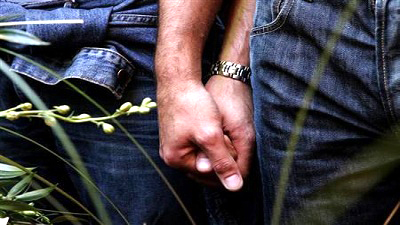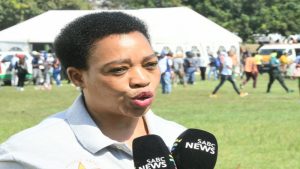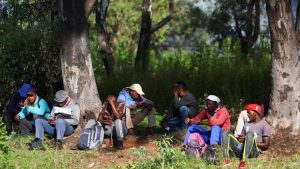The LGBTQI+ community in KwaZulu-Natal says they are still not safe. This is despite various campaigns aimed at educating communities to acknowledge that gay and lesbian people have a right to live peacefully, without being targeted and being attacked.
June month marks Pride month to honor the 1969 Stonewall Uprising in Manhattan.
The uprising was a tipping point for the Gay Liberation Movement in the United States of America.
The killing of at least four gay and lesbian people hogged the headlines in the province in the past two years.
The provincial legislature is holding a symposium in Durban about the challenges the LGBTQI+ community is experiencing.
The group feels threatened and the continuous attacks have worsened matters.
A few days ago, Siyabonga Sibisi was allegedly stabbed to death in Montclair, south of Durban. He is the latest victim.
Gay and Lesbian Alliance of South Africa’s Nkanyiso Sibiya says they do not feel safe.
“We don’t really feel safe in South Africa. There has been an increasing number of incidents that are happening across the country. It is frightening because we think we are moving forward but every time we take two steps forward, we are taking three steps backward. There are policies that are written but they are not implemented. In all honesty, the LGBTQI community is not safe in South Africa. We are trying to create safe communities and spaces on our own. We are not really safe.”
Calls for Hate Crime Bill
KwaZulu-Natal LGBT Recreation Executive Director, Hlengiwe Buthelezi, says they have long been calling for the government to pass a Hate Crime Bill.
“We have been calling upon the government since last year to pass a Hate Crime Bill for the reason that we want our hate crime cases to be judged for what they are, not just normal cases. Hate Crime Bill will be a tool in aiding this process that the judiciary system itself must be taught about. Hate crimes are these cases that are specifically directed at the LGBTQI sector. It is not just a normal case like everyone just being killed. Even killing is not correct but these cases must be judged for what they are.”
Secondary trauma
Sazi Jali from the Trans Hope organisation, who is transgender, says sometimes they are faced with secondary trauma if they go to government institutions to report crime as officials insist on addressing them according to the gender they were assigned at birth.
“It’s Pride Month and sadly in 2022, we have just heard news that we have lost one member of the LGBTQI who was shot dead in Umlazi because sometimes hate crimes don’t go as further as killing. Only it’s small things – being called names, being misgendered, being not given your rights properly in the public institutions, that is hate crime itself. And we still get secondary victimisation, whenever you go to clinics and SAPS (South African Police Service) or any other form of government institution because certain people still have stereotypes of saying whatever you were assigned at birth that is what needs to be.”
Regerlee Letsapa, who is currently undergoing gender-affirming surgery, shares her highs and lows:






